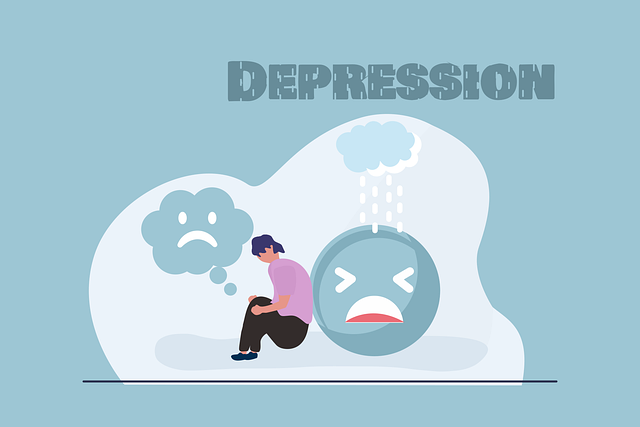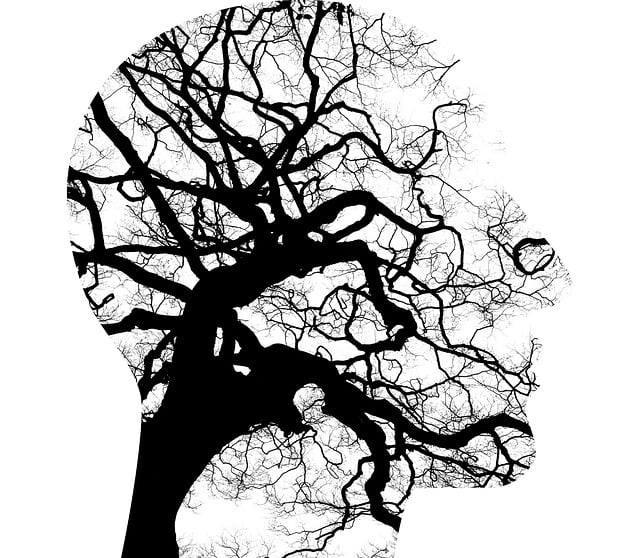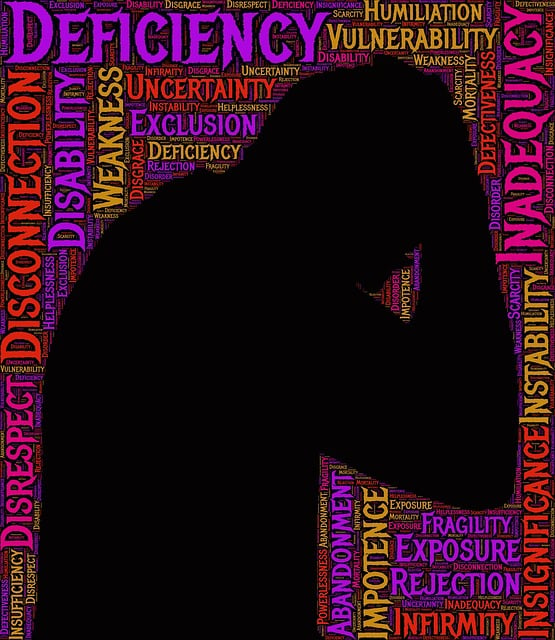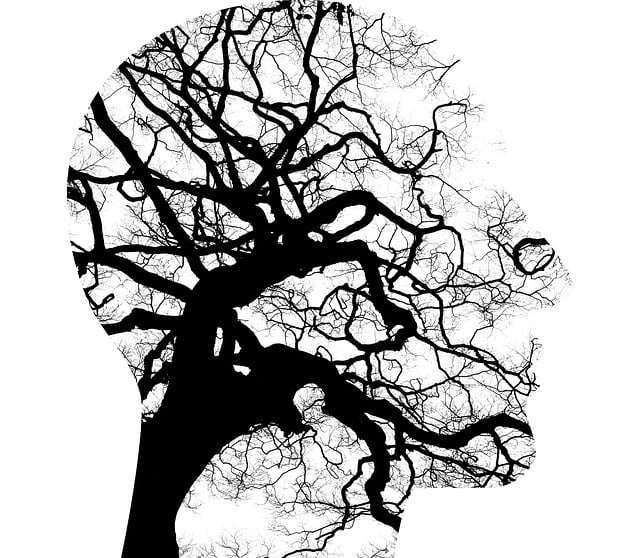Substance abuse in Lafayette, driven by psychological factors like stress, anxiety, or trauma, poses significant risks to health. Lafayette Cancer Issues Therapy (LCIT) promotes a holistic approach, emphasizing compassion cultivation and emotional well-being as powerful tools against abuse. Early detection and prevention through grassroots strategies, education, and open conversations significantly reduce risk, especially among youth. LCIT offers resources like Mental Health Awareness campaigns, peer support groups, and tailored interventions. Integrating practices like conflict resolution, nutrition, exercise, and journaling creates a supportive environment for cancer recovery and prevents future substance abuse. Local support groups and community engagement foster resilience and healthier coping mechanisms.
Substance abuse poses significant risks, impacting both individuals and communities. This article explores comprehensive risk reduction strategies, focusing on Lafayette cancer issues as a case study. We delve into understanding substance abuse, early detection methods, and preventive measures. Additionally, it highlights therapy options for Lafayette cancer issues, emphasizes lifestyle changes, and underscores the importance of support systems and community engagement in mitigating risks associated with substance abuse.
- Understanding Substance Abuse and Its Risks
- Early Detection and Prevention Strategies
- Lafayette Cancer Issues: A Focus on Therapy Options
- Lifestyle Changes for Risk Reduction
- Support Systems and Community Engagement
Understanding Substance Abuse and Its Risks

Substance abuse is a complex issue that can have severe consequences on an individual’s physical and mental health. It often stems from underlying psychological factors such as stress, anxiety, or unresolved trauma. Understanding these risks is the first step towards prevention and recovery. Lafayette Cancer Issues Therapy highlights the interconnectedness of mind and body, emphasizing that addressing substance abuse requires a holistic approach.
Compassion cultivation practices, which promote positive thinking and emotional well-being, can be powerful tools in mitigating the risks associated with substance abuse. By fostering self-compassion and resilience, individuals can develop healthier coping mechanisms, reducing the reliance on harmful substances to manage stress or alleviate anxiety. This shift towards Anxiety Relief through positive thinking and mindfulness is a game-changer in navigating the challenges of substance abuse.
Early Detection and Prevention Strategies

Early detection and prevention play a pivotal role in tackling substance abuse. Implementing robust strategies at the grassroots level can significantly reduce the risk of individuals turning to harmful substances. Schools, communities, and healthcare providers can collaborate to create awareness about the potential risks and signs of substance misuse, especially among youth. Educating young people on peer pressure, emotional regulation, and healthy coping mechanisms is a proactive approach. For instance, incorporating mood management techniques and mental wellness themes into educational curricula can empower students to make informed choices and develop resilience against addiction.
The Lafayette Cancer Issues Therapy (LCIT) program, among others, offers valuable resources for early intervention. These programs often include Mental Health Awareness campaigns, peer support groups, and evidence-based interventions tailored to at-risk individuals. By fostering open conversations about mental wellness and providing accessible platforms like the Mental Wellness Podcast Series Production, communities can encourage help-seeking behaviors and reduce the stigma associated with addiction treatment. Early detection strategies not only save lives but also offer a chance for intervention before substance abuse becomes a complex, chronic issue.
Lafayette Cancer Issues: A Focus on Therapy Options

In addressing Lafayette Cancer Issues, a comprehensive approach to therapy becomes paramount. Beyond traditional treatment modalities, focusing on holistic strategies such as Compassion Cultivation Practices and Trauma Support Services can significantly enhance patient outcomes. These therapeutic interventions not only aid in managing physical symptoms but also foster emotional resilience, a crucial aspect of overall well-being. By integrating these practices into standard healthcare protocols, patients in Lafayette receive more tailored care that addresses the multifaceted nature of cancer treatment.
The role of Healthcare Provider Cultural Competency Training cannot be overstated in this context. Equipping medical professionals with the skills to understand and accommodate diverse patient needs ensures that everyone receives compassionate, effective care. This training is instrumental in promoting a supportive environment, where patients feel heard and respected, contributing to improved adherence to treatment plans. As Lafayette Cancer Issues continue to impact lives, these therapy options and training initiatives offer promising avenues for better management and support.
Lifestyle Changes for Risk Reduction

Making lifestyle changes is a powerful strategy for reducing risks associated with substance abuse. Individuals in Lafayette dealing with cancer issues can benefit from adopting healthier habits to support their recovery and overall well-being. One key aspect is embracing a balanced diet rich in nutrients, which can strengthen the immune system and enhance healing processes. Regular exercise, tailored to individual needs and capabilities, is another vital component. Activity levels can be gradually increased, improving physical health and mental resilience.
In addition to these practices, implementing conflict resolution techniques and building resilience are beneficial. Engaging in activities that foster emotional stability and coping mechanisms, such as Mental Wellness Journaling Exercise Guidance, can help individuals navigate challenges without resorting to substance abuse. These strategies work together to create a supportive ecosystem for those recovering from cancer and striving to prevent future substance-related risks.
Support Systems and Community Engagement

Building a robust support system is a cornerstone of risk reduction for substance abuse. Communities play a vital role in fostering recovery and preventing relapse. Engaging with local support groups, such as those offered by Lafayette Cancer Issues Therapy, can provide individuals on the path to recovery with a sense of belonging and understanding. These groups offer a safe space where individuals can share their experiences, gain insights from peers, and access resources tailored to their needs.
Compassion cultivation practices and emotional intelligence are key components within these support networks. Developing inner strength through emotional awareness and self-compassion empowers individuals to navigate challenges without resorting to substance abuse. By fostering meaningful connections and practicing empathy, community engagement strengthens the resilience of those at risk, enabling them to embrace healthier coping mechanisms and a brighter future.
Substance abuse poses significant risks, including Lafayette Cancer Issues, highlighting the importance of proactive strategies. Early detection, prevention, and lifestyle modifications are key tools in mitigating these dangers. Incorporating community support systems and engaging with therapeutic options, such as those tailored to Lafayette Cancer Issues, can significantly enhance risk reduction efforts. By combining these approaches, individuals can take control, foster healthier habits, and improve overall well-being.














